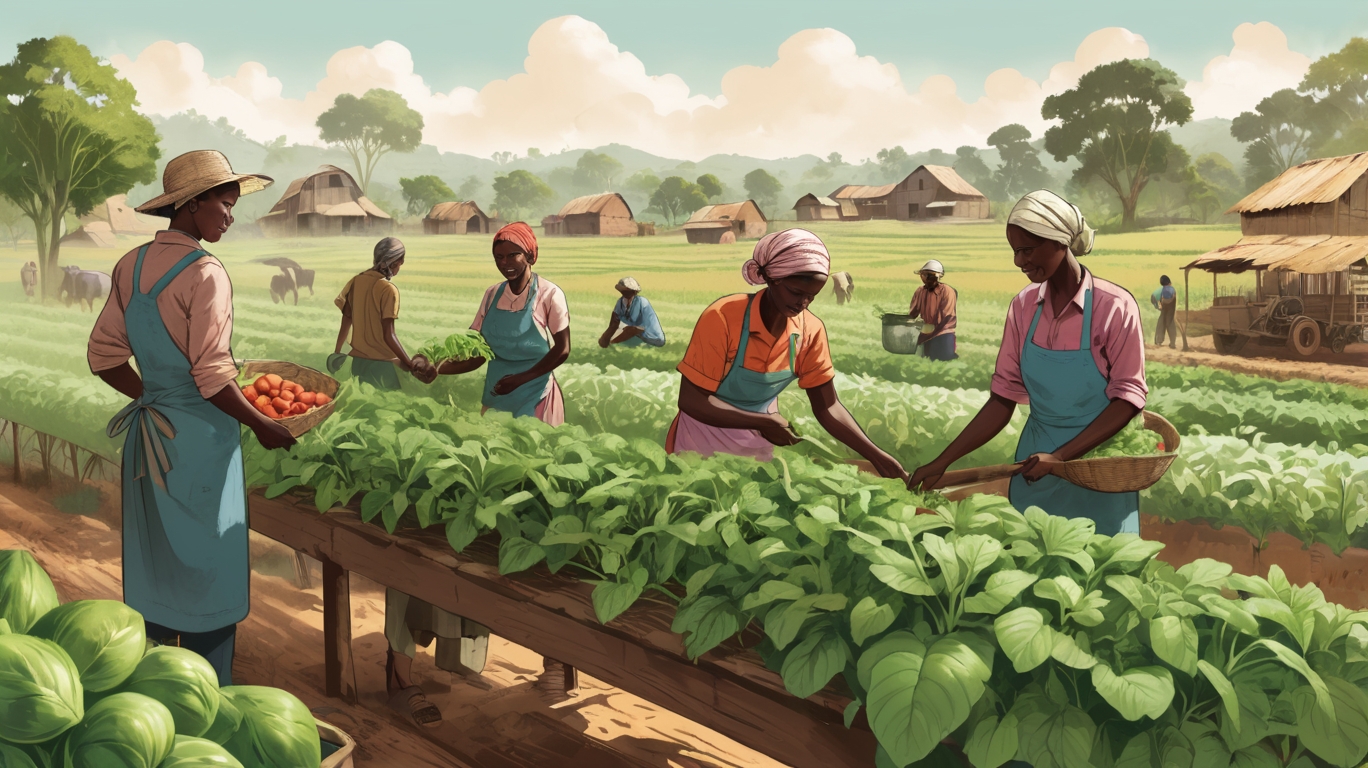The Role of Co-operatives in Agriculture: Strengthening Communities Sustainably
In an era where large-scale agribusinesses dominate the food system, agricultural co-operatives offer a refreshing alternative—one rooted in collaboration, fairness, and sustainability. These member-owned organizations empower farmers, promote equitable resource sharing, and foster resilience in rural communities. By working together, small-scale farmers can achieve what might be impossible alone, creating a more balanced and sustainable agricultural landscape.

What Are Agricultural Co-operatives?
Agricultural co-operatives are enterprises owned and governed by farmers who pool their resources to achieve common goals. These may include collective purchasing of inputs (like seeds and fertilizers), shared access to machinery, joint marketing of produce, or even cooperative processing and distribution. Unlike traditional corporations, co-ops prioritize member benefits over profit maximization, ensuring fair returns for farmers.
Benefits of Co-operatives in Farming
1. Economic Empowerment
Smallholder farmers often struggle with bargaining power in markets dominated by large buyers. Co-operatives help level the playing field by aggregating produce, negotiating better prices, and reducing dependency on middlemen. This collective strength ensures farmers receive fair compensation for their hard work.
2. Access to Resources and Knowledge
Many farmers, especially in developing regions, face challenges in accessing quality seeds, fertilizers, and modern farming techniques. Co-operatives facilitate bulk purchasing, lowering costs, and provide training programs to improve agricultural practices. This shared knowledge enhances productivity and sustainability.
3. Risk Mitigation
Farming is inherently risky, with uncertainties like fluctuating market prices, climate change, and pests. Co-operatives spread risk among members, offering stability through collective insurance schemes, shared storage facilities, and diversified income streams (such as value-added processing).
4. Sustainable and Ethical Farming
Co-operatives often champion sustainable practices, such as organic farming, agroecology, and fair trade. By prioritizing long-term environmental health over short-term profits, they contribute to soil conservation, biodiversity, and reduced chemical use—benefiting both farmers and consumers.
5. Strengthening Rural Communities
Beyond economics, co-operatives foster social cohesion. They create jobs, support local economies, and empower marginalized groups, including women and small-scale farmers. This community-centric approach helps sustain rural livelihoods and reduces urban migration.
Challenges and the Way Forward
Despite their advantages, agricultural co-operatives face hurdles like limited access to financing, internal governance issues, and competition from large agribusinesses. Strengthening them requires:
- Government Support: Policies that provide funding, infrastructure, and legal frameworks for co-ops.
- Technology Adoption: Digital tools for better record-keeping, market access, and supply chain management.
- Member Engagement: Transparent governance and active participation from all farmers to ensure long-term success.
A Model for the Future
As the world grapples with food insecurity, climate change, and economic inequality, agricultural co-operatives present a viable solution. They embody the principles of democracy, equity, and sustainability—proving that when farmers work together, everyone benefits.
By supporting co-operatives, whether as consumers, policymakers, or farmers themselves, we contribute to a more just and resilient food system—one harvest at a time.
Would you like to learn more about a specific co-operative or how to get involved? Share your thoughts in the comments below.